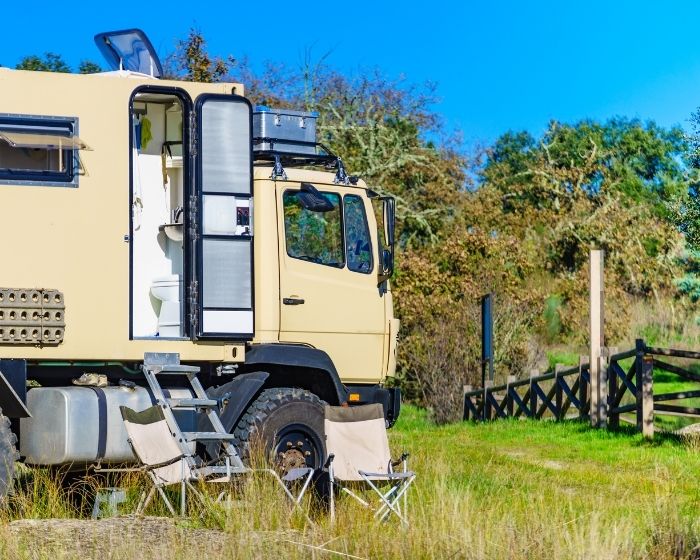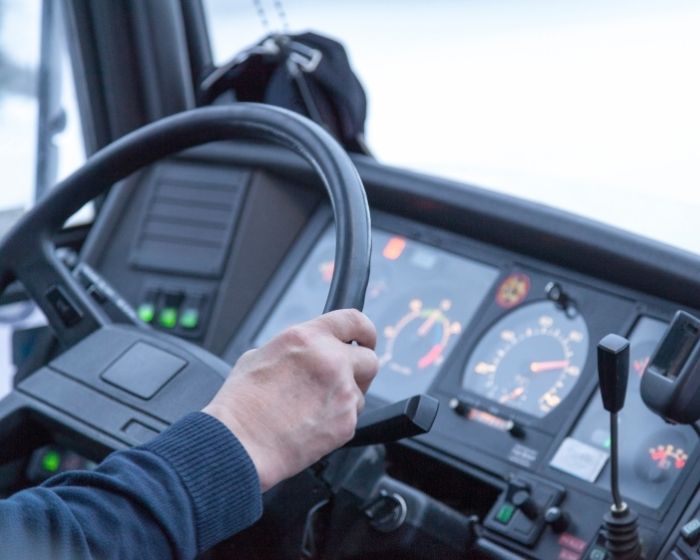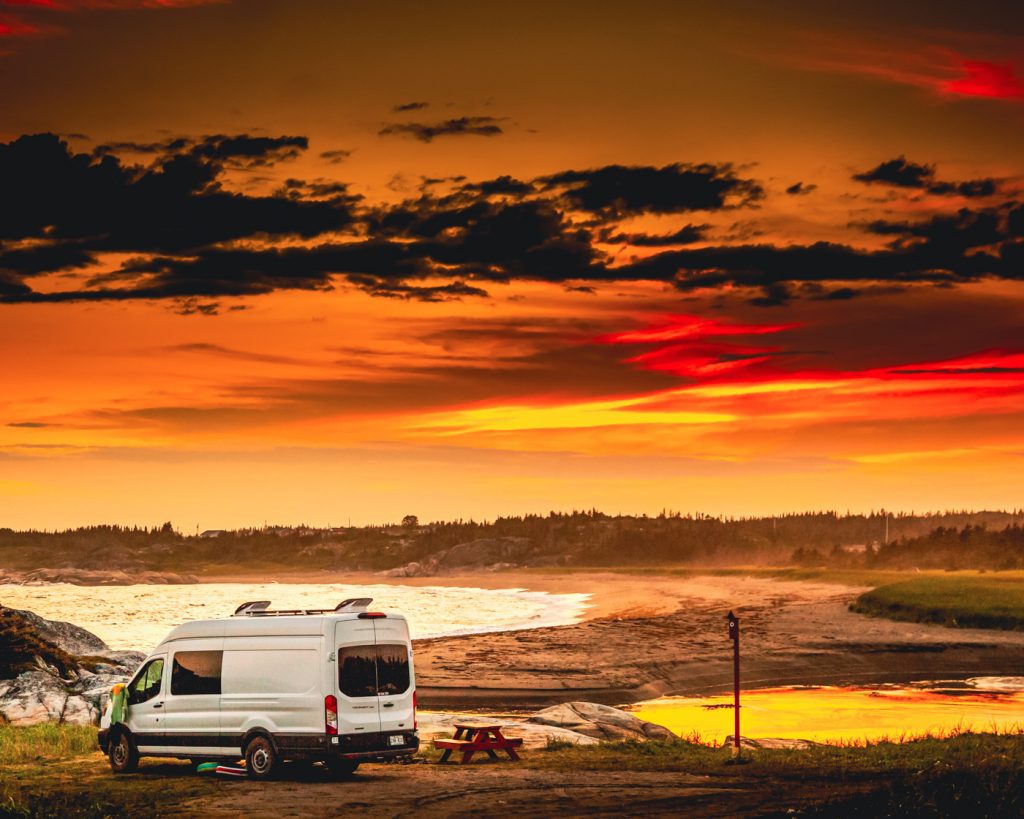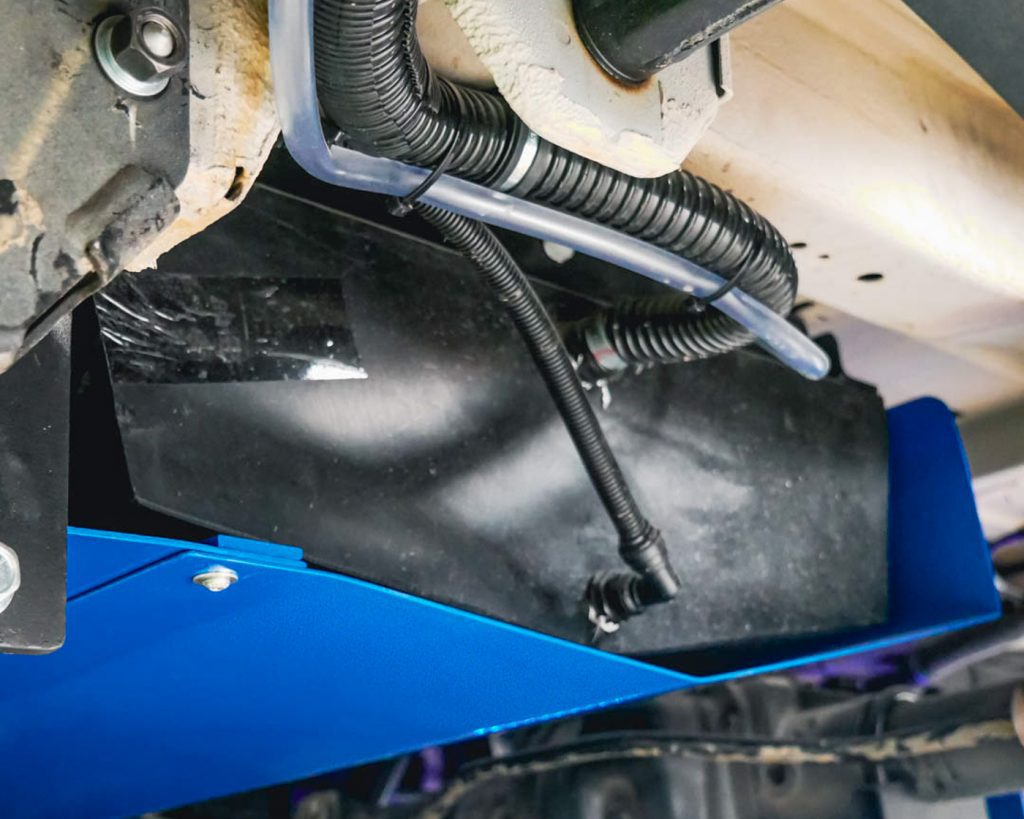Thinking about turning a vehicle into your dream motorhome, caravan, or camper? Picking the right base is super important! Whether it’s a bus, truck, or van, each option has its own pros and cons. To help you out, we’ve put together a handy guide to find the perfect fit for your motorhome conversion in Australia. Let’s get started!
Comparison of Buses, Trucks, and Vans for Conversions
Different types of vehicles suit different lifestyles and travel plans. Here’s a quick overview of the three most popular choices for conversions:
- Buses: Known for their spacious interiors, buses are ideal for large families or those wanting a luxury motorhome setup. Their height and floor area provide endless design possibilities for multi-room layouts or larger amenities. Fantastic for travellers wanting to set up a home base with all the mod cons.
- Trucks: Trucks are sturdy and offer excellent payload capacity, making them a great choice if you need to carry heavy equipment or want to build a robust off-road camper. Great for those wanting to get off the tarmac and into places a little more remote.
- Vans: Vans are lightweight, compact, and easy to handle, especially on urban roads. They’re perfect for smaller conversions aimed at couples or solo travellers seeking convenience and mobility. Want to cruise from a scenic carpark? A van is for you.
Each vehicle offers a distinct canvas for your conversion dreams, and the best choice often depends on your personal needs.

Factors to Consider: Space, Budget, and Intended Use
Choosing the right base vehicle means thinking about more than just aesthetics. These factors play a big role in your decision-making process:
- Space Requirements: Will you need space for a full kitchen and bathroom, or are you opting for a more minimalist setup? Larger vehicles like buses provide ample room for creative layouts, while vans and trucks often mean prioritising compact or modular designs.
- Budget: Larger vehicles generally cost more upfront and require higher ongoing maintenance expenses. Consider not only the purchase price but also the fuel, insurance, and upkeep costs. Vans, for example, are usually more cost-effective to run compared to trucks or buses.
- Intended Use: Think about where and how you’ll be using your converted motorhome. Trucks may be better suited if you’re planning mostly off-grid adventures due to their rugged build. On the other hand, buses or vans might be better options for urban or highway-focused travel.
Driving Requirements and Road Accessibility in Australia
Australia’s vast and diverse landscape means you’ll also need to think about driving conditions and road accessibility.
- Licensing: Larger vehicles like buses and heavy-duty trucks may require specific driver licenses, depending on their weight and size. Make sure you check Australian road regulations before purchasing.
- Road Conditions: For outback or off-road travel, a truck conversion with high clearance may be ideal for tackling dirt tracks, creek crossings, and uneven terrain. Conversely, vans are far better suited to city streets and tight parking spaces.
- Fuel Availability: Australia’s remote regions can make fuel access challenging for certain vehicle types. Vans are typically more fuel-efficient, while larger buses and trucks can run out of fuel quickly, making it vital to plan refuelling stops.
Considering these practicalities ensures your conversion will meet your functional needs during travel.

Pros and Cons of Each Vehicle Type
Before committing to one option, weigh the advantages and disadvantages of finding a vehicle that matches your specific vision for a motorhome.
- Buses:
- Pros:
- Spacious interiors for creative, open layouts.
- Comfortable for large groups or families.
- Easier to equip with full-height showers, kitchens, and furniture.
- Cons:
- Higher purchase and maintenance costs.
- Requires more fuel and driving expertise.
- Limited flexibility for off-road conditions.
- Pros:
- Trucks:
- Pros:
- Sturdy, long-lasting build for rugged adventures.
- High payload capacity, perfect for heavy equipment.
- Superior off-road capability for remote areas.
- Cons:
- Often requires a special license to drive.
- It can be challenging to park in urban locations.
- Less interior flexibility compared to buses or vans.
- Pros:
- Vans:
- Pros:
- Compact, lightweight, and easy to drive.
- Lower running costs, including fuel and maintenance.
- Perfect for quick getaways or solo/duo travellers.
- Cons:
- Limited space for elaborate layouts or multiple passengers.
- Can struggle with rough terrain or long-term off-grid use.
- Less storage and payload capacity compared to trucks or buses.
- Pros:
By weighing these pros and cons, you can find a vehicle that best aligns with your travel goals.
Final Thoughts
When it comes to selecting a base vehicle for your motorhome conversion, there’s no one-size-fits-all solution. Buses, trucks, and vans each offer unique benefits, so the choice ultimately depends on your lifestyle, budget, and intended travel plans. By carefully considering factors like space, road accessibility, and driving requirements, you can make an informed decision and begin your exciting conversion project with confidence.
Whether you’re planning a luxury dream home on wheels or a compact weekend escape pod, the perfect base vehicle is out there waiting for you. Happy travels, and enjoy creating your customised adventure machine for Australian roads!



